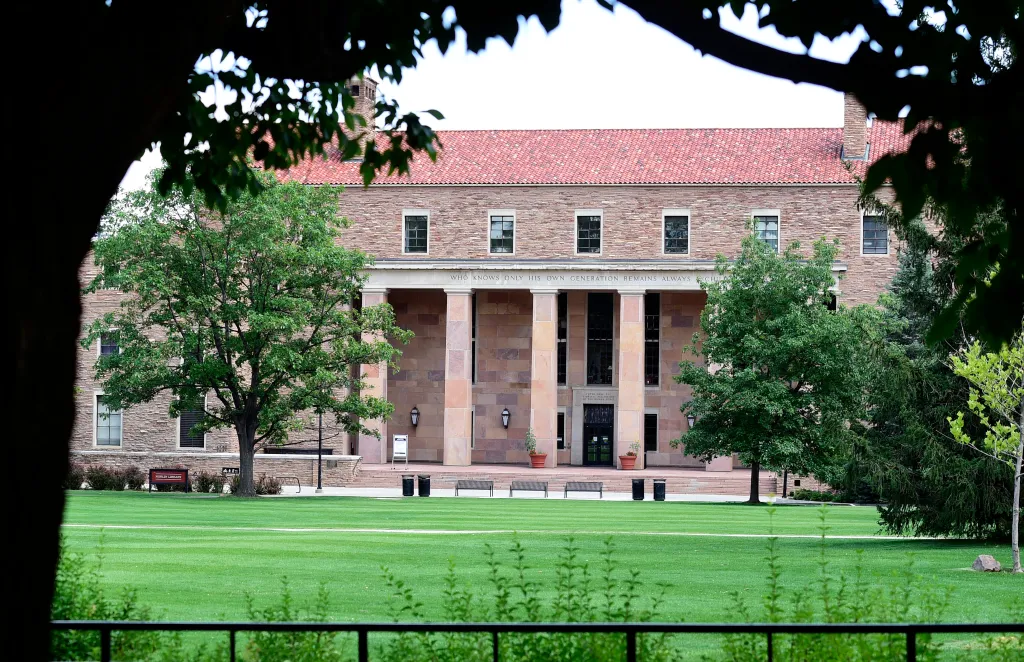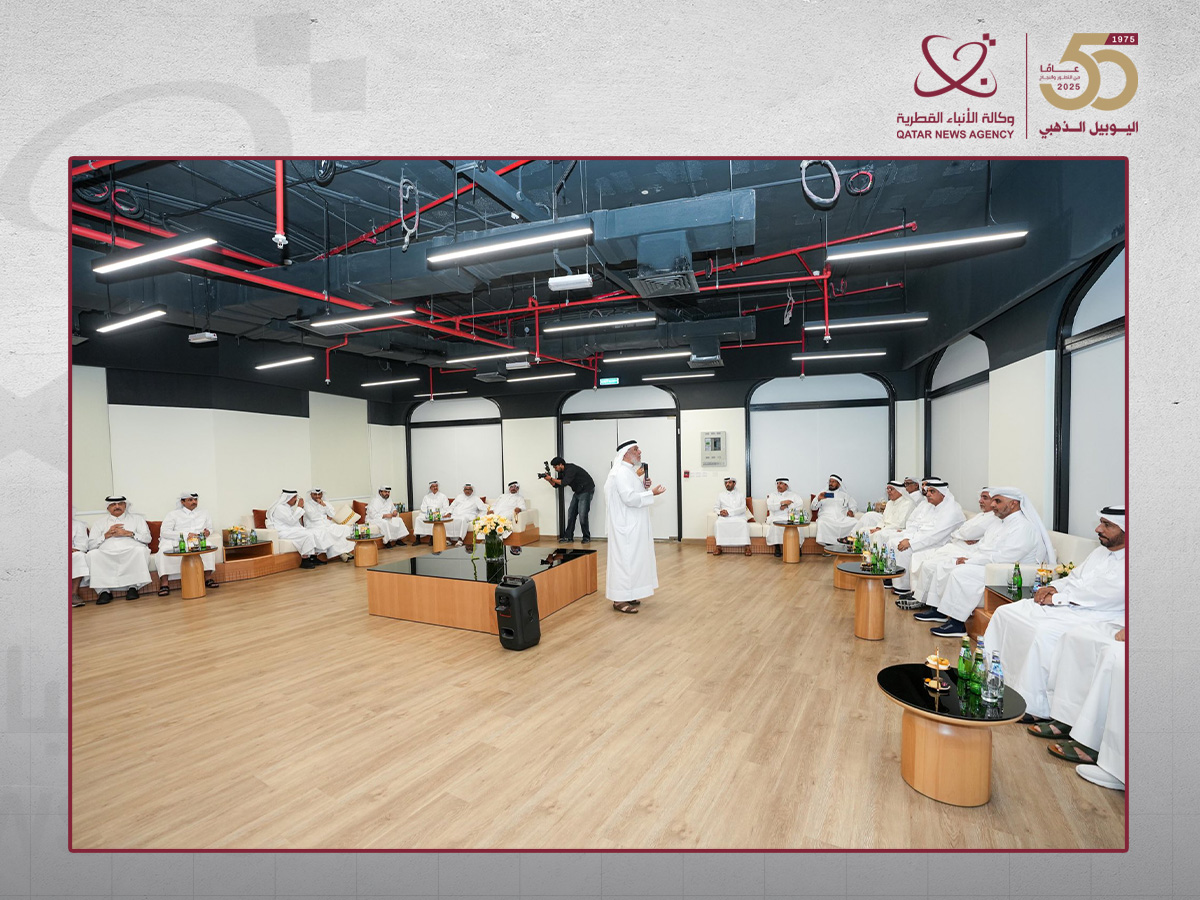Copyright Boulder Daily Camera

Members of our Community Editorial Board, a group of community residents who are engaged with and passionate about local issues, respond to the following question: Faculty are calling for CU leaders to establish a statewide Mutual Academic Defense Compact, which would create a coordinated alliance among colleges and universities in Colorado to defend academic freedom and institutional autonomy against political attacks. Your take? After celebrating the election results, we must return to a reality in which most of the levers of power are still in the hands of the same people. Despite Tuesday’s encouraging news, our country remains on the verge of crossing the line that separates members of the international community from “rogue states:” nations that do not respect the rights of their own people or the rights of other countries and their people. While we may not yet be North Korea, we are also no longer the United States of America. This is a hard truth to accept. After all, we are used to thinking of ourselves as the good guys — at least in comparison to many other countries. Those days are over, and we must accept a new reality in which our government incarcerates and deports residents without due process, bombs vessels in international waters, separates children from parents, actively harms our common environment, bullies less powerful nations and marginalized groups and regularly makes policy decisions based on the personal enrichment of its leaders. Acceptance of this new truth may be especially difficult for those of us whose daily lives have remained more or less stable since the second Trump administration took office. On the surface, my days look pretty much the same as they did before January 20. I see patients, I go to dinner with friends, I walk my dog, I make up excuses to avoid exercising… At a deeper level, however, I am haunted by, in M. Gessen’s words, “How to be a good citizen of a bad country.” This question is a far cry from my previous musings about how to be a good citizen of a country that is struggling to live up to its own laudable ideals. Each of us must decide how much we are willing to risk to do the right thing when doing the wrong thing is literally safer — at least in the short run. A Mutual Academic Defense Compact represents a particularly good example of a form of resistance suited to our new reality — one in which our national government itself poses a potential “clear and present danger” to both our institutions and to each of us. As our government tries to divide us, we must come together to minimize the threat we would face as individuals acting alone and to maximize the impact of our individual resistance efforts. While we may not be members of the target group du jour, we can be certain that the government’s authoritarian policies will “trickle up” eventually. In other words, the long-term personal well-being of those lower down on the target list depends, at least in part, on the short-term well-being of those higher up on the list. Every ICE arrest undertaken without due process further empowers the executive branch and normalizes what was previously unthinkable. This steady accretion of illegal but tolerated actions on the part of the national government — in the absence of meaningful checks — leaves each of us vulnerable to the whims of an authoritarian leader. Our new reality is frightening, and hiding under the covers of our privilege is tempting. I can understand why CU would be reluctant to risk its standing with the federal government by joining the Compact. Even more surprising (and disturbing), I can now empathize with the many ordinary citizens who kept their heads down while their governments were engaged in acts previously considered worthy of, at a minimum, civil disobedience. However, the election results show the potential power of collective action. Although we may need to take breaks under our metaphorical duvets, we must also challenge ourselves to continue the momentum behind Tuesday’s election results. CU can start this ball rolling by joining the Compact. Elyse Morgan, emorgan2975@gmail.com Trump’s second term is an all-out assault against democracy, the Constitution and American institutions. He has syphoned funds from billionaire donors, crypto scams and successfully bullied media outlets like CBS to pay him millions. Project 2025 is well funded, and the guardrails are down. One of the targets of the Trump Administration is the university system, which is supported by federal funds. He appears to believe that free speech embedded in academic freedom undermines his authoritarian control. His fascist impulse celebrates a nationalism void of historical or critical assessment. Trump advocates for a “pro-American” curriculum and believes that teaching about systemic racism undermines American exceptionality. As part of his 1776 Commission, Trump said, “Teaching this horrible doctrine to our children is a form of child abuse in the truest sense.” The University of Colorado seeks to join a Mutual Academic Defense Compact across higher education that would support academic freedom and institutional autonomy. They would pool their financial resources to support individuals under scrutiny. I support the idea of strength in numbers, especially when the attack dogs are barking up our Ivory Towers. I understand the desire to protect oneself from an ever-growing political menace and the urgency in joining together in that struggle. But we are not just fighting against Trump and his toxic policies that erode our democracy; we are in a struggle against fascism. So, the real question is, how do we maintain academic freedom in a fascist state? And the answer is … it doesn’t. A compact of colleges at best would be playing defense against an offense that doesn’t play by the rules. There was no academic freedom in fascist Spain or Nazi Germany. A fascist state seeks to eliminate liberal curricula and replace them with ideological propaganda, teaching becomes indoctrination, and dissent is suppressed. Loyalty oaths supersede critical thinking, and expertise is dismissed as elitism. Intellectual inquiry becomes a threat to power. Those in power want a uniform, undisputed national narrative. Our story, our history, is not only complex, it is fraught with individual and systemic moral failings. An authentic history will look upon our national wrongdoing honestly and make no excuses for the past so that we may engage with our universities in the hard work of becoming a “more perfect union.” Rather than protecting the status of academic freedom, which is important, universities must think in broader terms. For example, how will this compact respond when ICE agents come for their minimum wage employees and students of color? How will Colorado University protect the free speech of its students as well as professors? Yes, teachers are a target, but in a fascist state, we are all targets. Jim Vacca, jamespvacca1@gmail.com



